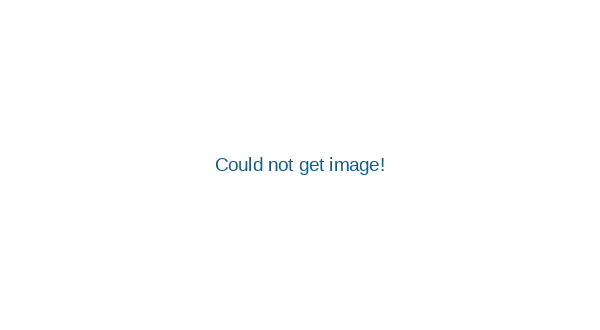
More than one in three South Sudanese people surveyed claim to have paid a bribe in the past year, according to a report released by the leading global anti-corruption coalition.
Transparency International’s Global Corruption Barometer 2013 interviewed over one hundred thousand people in 107 countries in the world’s largest annual public opinion survey on corruption.
Africa had three out of four of the most corrupt countries in the world – with Sierra Leone coming first, Liberia placed second and Kenya in fourth place.
South Sudan came in the middle of the table with countries such as Egypt, Vietnam and Pakistan.
The survey also found that in many countries the institutions and people who should be fighting corruption and crime are considered corrupt.
Last month, President Salva Kiir issued a decree relieving two national ministers from duty on allegations of corruption.
He formed a committee to investigate how public funds were allegedly used at Finance and Cabinet Affairs Ministries.
Addressing the nation yesterday on the occasion to mark two years since independence of South Sudan, President Salva Kiir said he intends to step up the fight against corruption by managing the country’s budget properly.
“Our fight against corruption shall not be confined at the national level only, but it will extend to the states, counties and anywhere where there is public spending,” said Mr. President.
“We have a responsibility to ensure that public funds are properly utilized.”
But the World Bank says, in order for South Sudan to eradicate the scourge of rampant corruption, it should build a trusted anti-corruption system.
In an exclusive interview with Eye Radio today, the World Bank Country director, Bella Bird said the fight on corruption needs to be legislated:
“As a country develops, it’s very important that mechanisms are put in place to make sure that public resources are used for the benefit of the people, and that will include having legislations to ensure that the rules are there to guide the governing practice of the leadership and administration of the government, and also that those rules are reinforced to ensure that if there are allegations of corruption, that they are fairly and transparently investigated and action is taken.”
South Sudan is the most oil dependent country in the world – about 90% of the revenue comes from oil.
Bella Bird also said that as South Sudan’s economy is dependent on oil there must be clear administrative processes to handle and allocate revenues from oil resources.
“To use [oil revenue] for the benefit of the people of south Sudan, it’s then about decision-making process, from the oil-flow, to the receiptable revenue to the transfer into the budget, and the decisions made by the leadership on how these resources should be used, and then ensuring that development ministries use these resources effectively to promote development in the two area, education and infrastructure,” she said.
Besides oil, the World Bank indicated that there’s a great potential in agriculture which should be invested in.
According to the Transparency International report, in South Sudan, there has been a 20 per cent decrease in reported bribery payments to the judiciary.
A decline in bribery payments to the police has also been seen.
The report however said South Sudan is of only 16 countries where the vast majority of people would not be prepared to report corruption for fear of reprisals.
Support Eye Radio, the first independent radio broadcaster of news, information & entertainment in South Sudan.
Make a monthly or a one off contribution.
Copyright 2024. All rights reserved. Eye Radio is a product of Eye Media Limited.